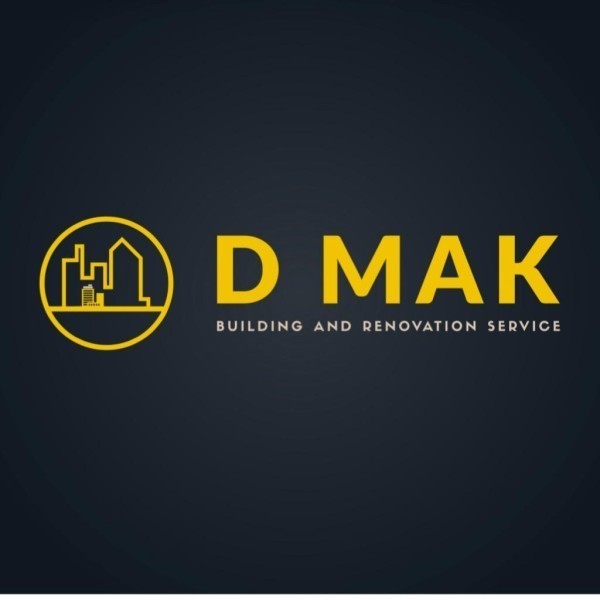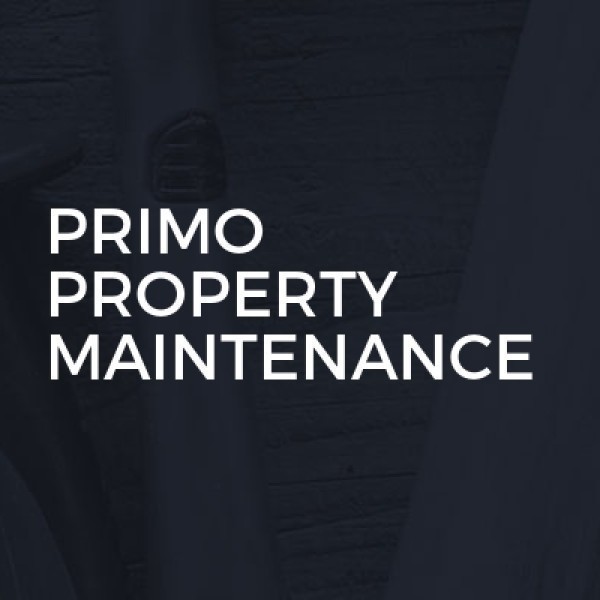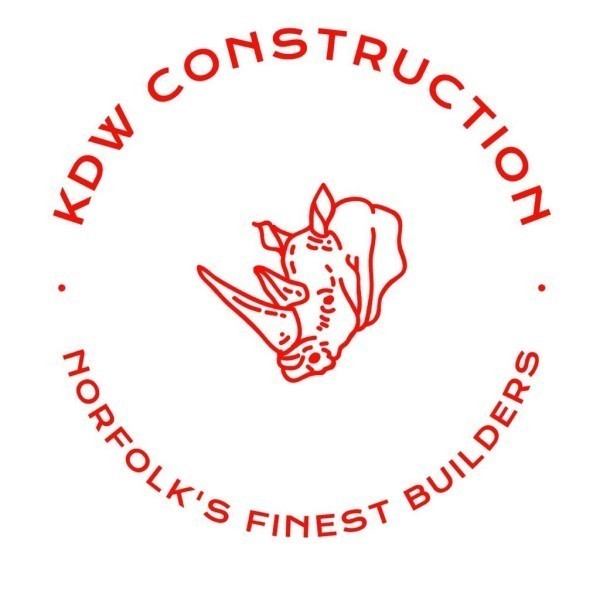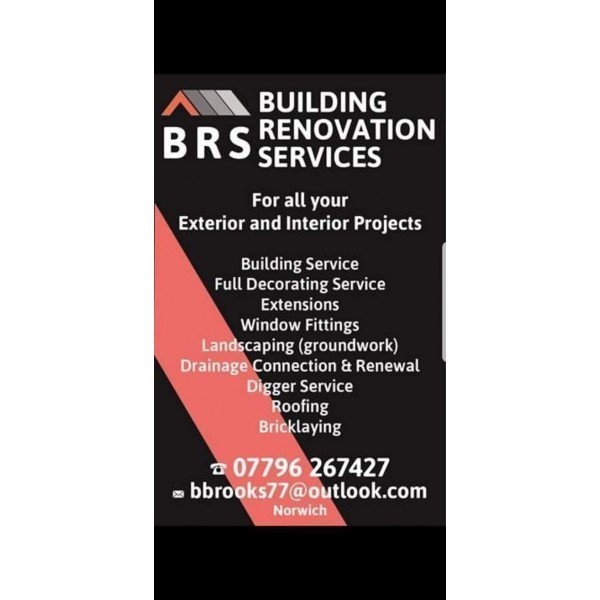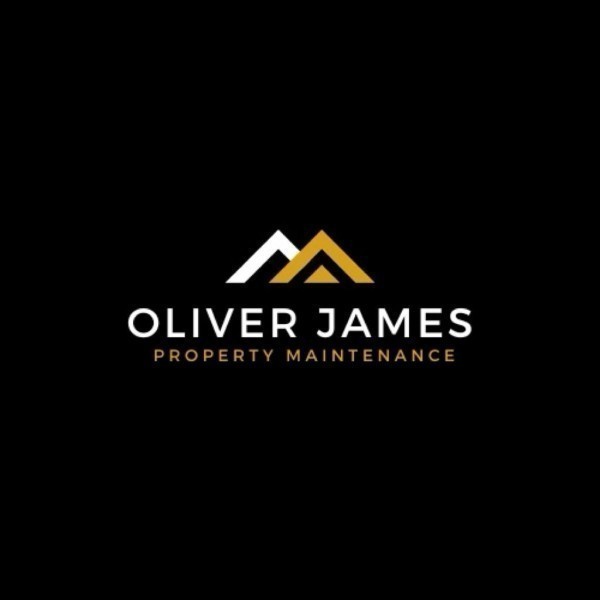Property Maintenance in Norwich
Filter your search
Post your job FREE and let trades come to you
Save time by filling out our simple job post form today and your job will be sent to trades in your area so you can sit back, relax and wait for available trades to contact you.
Post your job FREESearch Property Maintenance in places nearby
Understanding Property Maintenance in Norwich
Property maintenance in Norwich is an essential aspect of ensuring that buildings and homes remain in top condition. Whether you're a homeowner, landlord, or tenant, maintaining a property involves regular checks, repairs, and updates to keep everything running smoothly. This comprehensive guide will explore the various facets of property maintenance, offering insights and practical advice for anyone involved in property management in Norwich.
The Importance of Regular Property Maintenance
Regular property maintenance is crucial for several reasons. Firstly, it helps preserve the value of the property. A well-maintained home or building is more likely to retain its market value and appeal to potential buyers or tenants. Secondly, it ensures the safety and comfort of the occupants. Regular checks can prevent accidents and health hazards, such as mould or faulty wiring. Lastly, it can save money in the long run. Addressing minor issues before they become major problems can prevent costly repairs.
Preserving Property Value
Maintaining a property's value is a key concern for owners. Regular upkeep, such as painting, landscaping, and repairing structural issues, ensures that the property remains attractive and functional. In Norwich, where historical buildings are common, preserving architectural integrity is also vital.
Ensuring Safety and Comfort
Safety is paramount in property maintenance. Regular inspections of electrical systems, plumbing, and heating can prevent dangerous situations. Additionally, maintaining a comfortable living environment through proper insulation and ventilation is essential for the well-being of occupants.
Cost-Effective Solutions
Proactive maintenance can be more cost-effective than reactive repairs. By identifying and addressing issues early, property owners can avoid expensive emergency repairs and extend the lifespan of their property’s components.
Key Areas of Property Maintenance
Property maintenance encompasses various areas, each requiring attention and expertise. In Norwich, these areas include structural maintenance, plumbing, electrical systems, and outdoor spaces. Understanding each aspect can help property owners and managers prioritise tasks and allocate resources effectively.
Structural Maintenance
Structural maintenance involves ensuring the integrity of the building's framework. This includes inspecting the roof, walls, and foundation for any signs of damage or wear. Regular checks can prevent issues such as leaks, cracks, or subsidence, which can lead to more significant problems if left unaddressed.
Plumbing Systems
Plumbing maintenance is crucial for preventing leaks, blockages, and water damage. Regular inspections of pipes, drains, and fixtures can help identify potential issues before they escalate. In Norwich, where older properties may have outdated plumbing systems, regular maintenance is particularly important.
Electrical Systems
Maintaining electrical systems is vital for safety and efficiency. Regular checks of wiring, outlets, and appliances can prevent electrical fires and ensure that the property meets current safety standards. Upgrading outdated systems can also improve energy efficiency and reduce utility costs.
Outdoor Spaces
Outdoor maintenance includes landscaping, garden care, and the upkeep of driveways and pathways. Regular attention to these areas enhances the property's curb appeal and prevents issues such as overgrown vegetation or cracked pavements, which can pose safety hazards.
Seasonal Property Maintenance Tasks
Property maintenance tasks can vary with the seasons. In Norwich, where the climate can be unpredictable, preparing for seasonal changes is essential. Each season presents unique challenges and opportunities for property maintenance.
Spring Maintenance
Spring is an ideal time for a thorough property inspection. Tasks may include cleaning gutters, checking the roof for winter damage, and preparing gardens for planting. It's also a good time to service heating and cooling systems in preparation for warmer weather.
Summer Maintenance
During the summer, focus on outdoor maintenance. This includes mowing lawns, trimming hedges, and checking for pest infestations. It's also a good time to inspect and repair any outdoor structures, such as fences or sheds, that may have been damaged during the winter months.
Autumn Maintenance
Autumn is the time to prepare for the colder months. Tasks include clearing leaves from gutters, checking insulation, and servicing heating systems. It's also a good time to inspect windows and doors for drafts and make any necessary repairs.
Winter Maintenance
Winter maintenance focuses on ensuring the property remains safe and functional during cold weather. This includes checking for ice dams on the roof, ensuring pipes are insulated to prevent freezing, and keeping pathways clear of snow and ice.
Hiring Professional Property Maintenance Services
While some property maintenance tasks can be handled by the property owner, others may require professional expertise. Hiring a professional property maintenance service in Norwich can ensure that tasks are completed efficiently and to a high standard.
Benefits of Professional Services
Professional property maintenance services offer several benefits. They have the expertise and equipment to handle complex tasks, such as electrical repairs or structural inspections. They can also provide regular maintenance schedules, ensuring that all necessary tasks are completed on time.
Choosing the Right Service Provider
When selecting a property maintenance service in Norwich, consider factors such as experience, reputation, and cost. Look for providers with a proven track record and positive customer reviews. It's also important to ensure they have the necessary certifications and insurance.
Cost Considerations
The cost of professional property maintenance services can vary depending on the scope of work and the provider. It's important to obtain quotes from multiple providers and compare their services and pricing. Investing in professional maintenance can save money in the long run by preventing costly repairs.
DIY Property Maintenance Tips
For those who prefer a hands-on approach, there are several property maintenance tasks that can be done without professional help. DIY maintenance can be a cost-effective way to keep a property in good condition, provided the tasks are within the owner's skill set.
Basic Tools and Equipment
Having the right tools and equipment is essential for DIY property maintenance. Basic tools include a hammer, screwdriver set, pliers, and a tape measure. For more advanced tasks, consider investing in a power drill, saw, and ladder.
Simple Repairs and Upkeep
Simple repairs, such as fixing leaky faucets or replacing light bulbs, can be done by most property owners. Regular upkeep, such as cleaning gutters or painting, can also be handled without professional help. However, it's important to know your limits and seek professional assistance for more complex tasks.
Safety Precautions
Safety should always be a priority when undertaking DIY property maintenance. Wear appropriate protective gear, such as gloves and goggles, and ensure that tools are in good condition. If a task seems too challenging or dangerous, it's best to hire a professional.
Environmental Considerations in Property Maintenance
Environmental sustainability is becoming increasingly important in property maintenance. In Norwich, property owners are encouraged to adopt eco-friendly practices that reduce their environmental impact and promote sustainability.
Energy Efficiency
Improving energy efficiency is a key aspect of sustainable property maintenance. This can include upgrading to energy-efficient appliances, improving insulation, and installing solar panels. These measures can reduce energy consumption and lower utility bills.
Water Conservation
Water conservation is another important consideration. Installing low-flow fixtures, repairing leaks promptly, and using drought-resistant plants in landscaping can significantly reduce water usage.
Waste Reduction
Reducing waste is an essential part of sustainable property maintenance. This can involve recycling materials, composting organic waste, and choosing sustainable building materials for repairs and renovations.
Legal and Regulatory Aspects of Property Maintenance
Property maintenance in Norwich is subject to various legal and regulatory requirements. Understanding these obligations is essential for property owners and managers to ensure compliance and avoid potential penalties.
Building Codes and Standards
Building codes and standards set the minimum requirements for construction and maintenance. These regulations ensure that properties are safe and habitable. Property owners must adhere to these standards when undertaking maintenance or renovations.
Health and Safety Regulations
Health and safety regulations are designed to protect the well-being of occupants and workers. This includes ensuring that properties are free from hazards such as asbestos, lead paint, and mould. Regular inspections and maintenance can help identify and address potential health and safety issues.
Landlord Responsibilities
Landlords have specific responsibilities regarding property maintenance. They must ensure that rental properties are safe, habitable, and in good repair. This includes addressing issues such as heating, plumbing, and structural integrity promptly.
Frequently Asked Questions
- What is property maintenance? Property maintenance involves regular checks, repairs, and updates to keep a building or home in good condition.
- Why is property maintenance important? It preserves property value, ensures safety and comfort, and can save money by preventing costly repairs.
- What are some common property maintenance tasks? Tasks include structural inspections, plumbing and electrical checks, and outdoor maintenance.
- Can I do property maintenance myself? Yes, many tasks can be done DIY, but some may require professional expertise.
- How do I choose a property maintenance service? Consider experience, reputation, cost, and customer reviews when selecting a service provider.
- What are the legal requirements for property maintenance? Property maintenance must comply with building codes, health and safety regulations, and landlord responsibilities.
In conclusion, property maintenance in Norwich is a multifaceted endeavour that requires attention to detail, regular inspections, and a proactive approach. Whether you're handling tasks yourself or hiring professionals, maintaining a property ensures its longevity, safety, and value. By understanding the various aspects of property maintenance, property owners and managers can make informed decisions and keep their properties in excellent condition.








